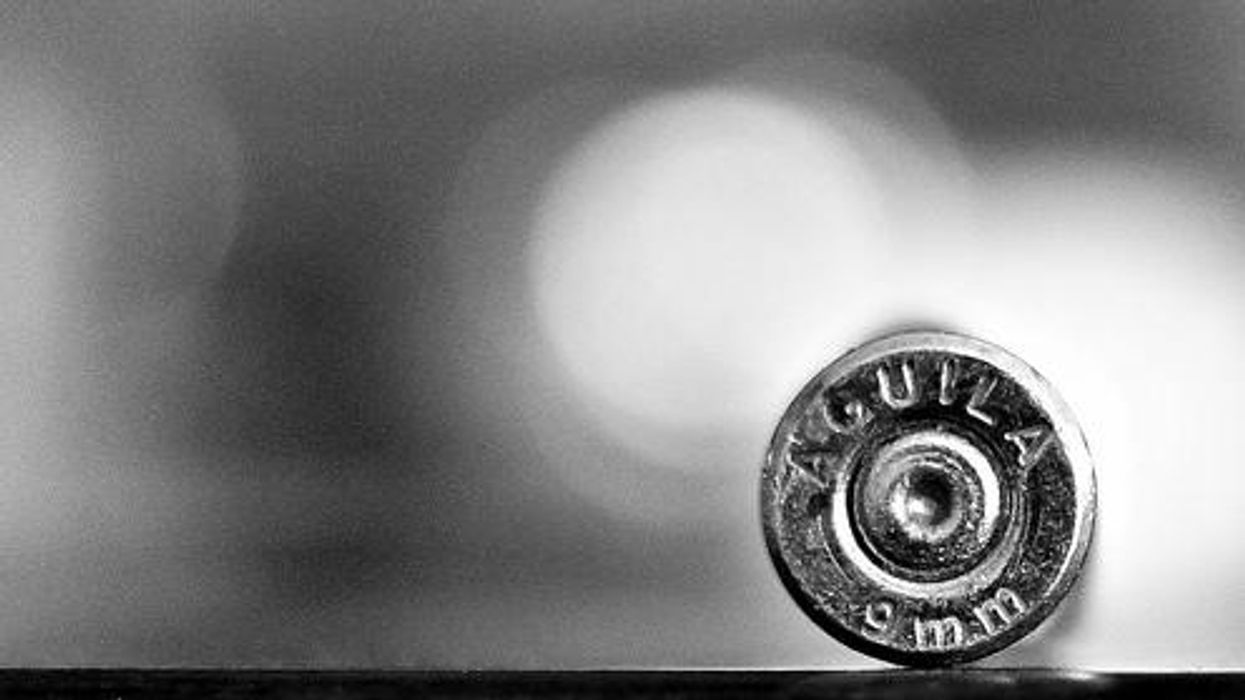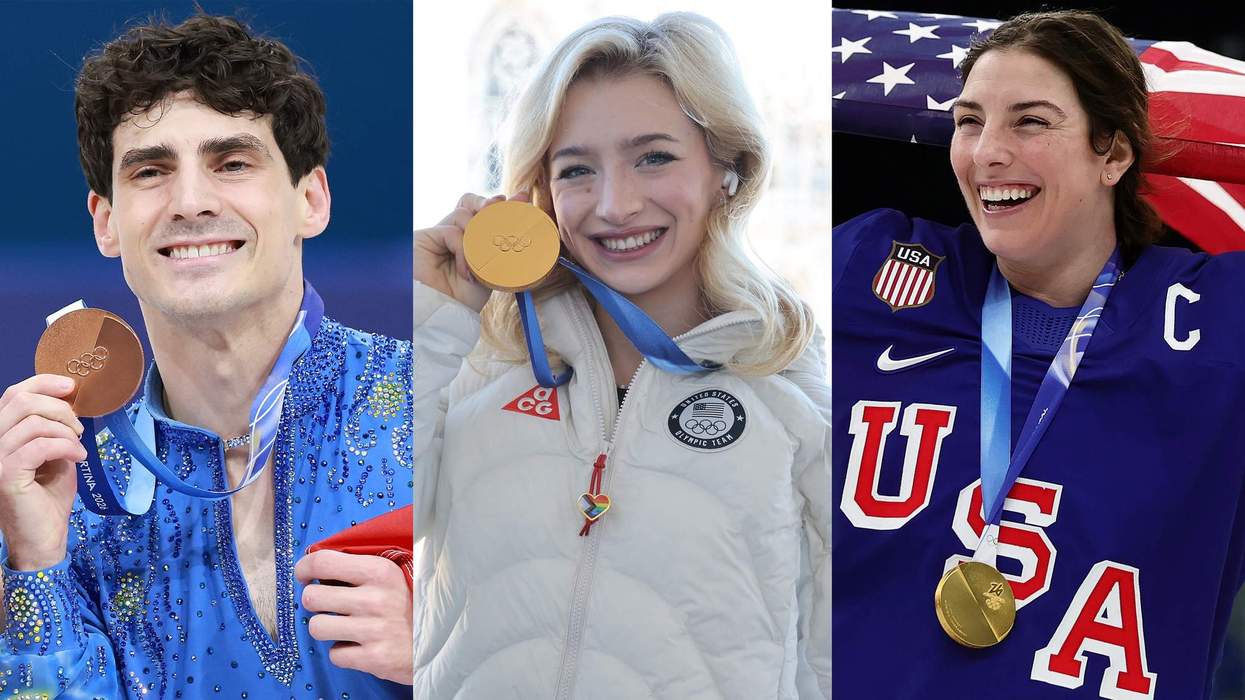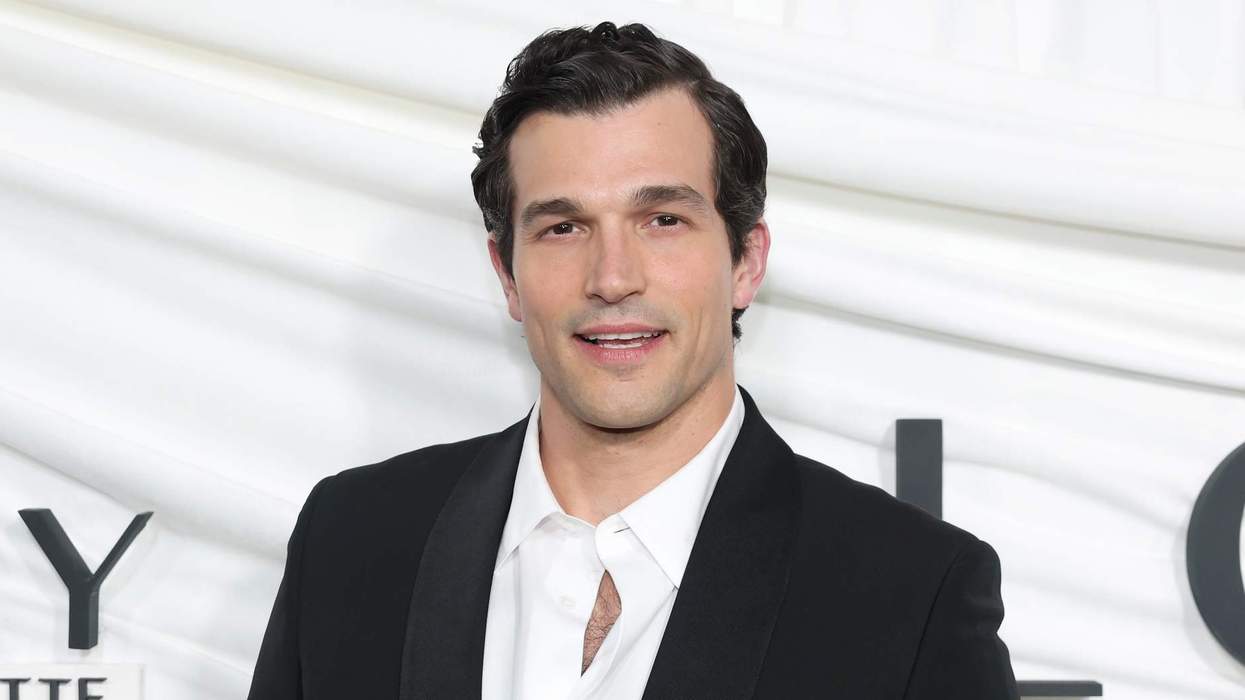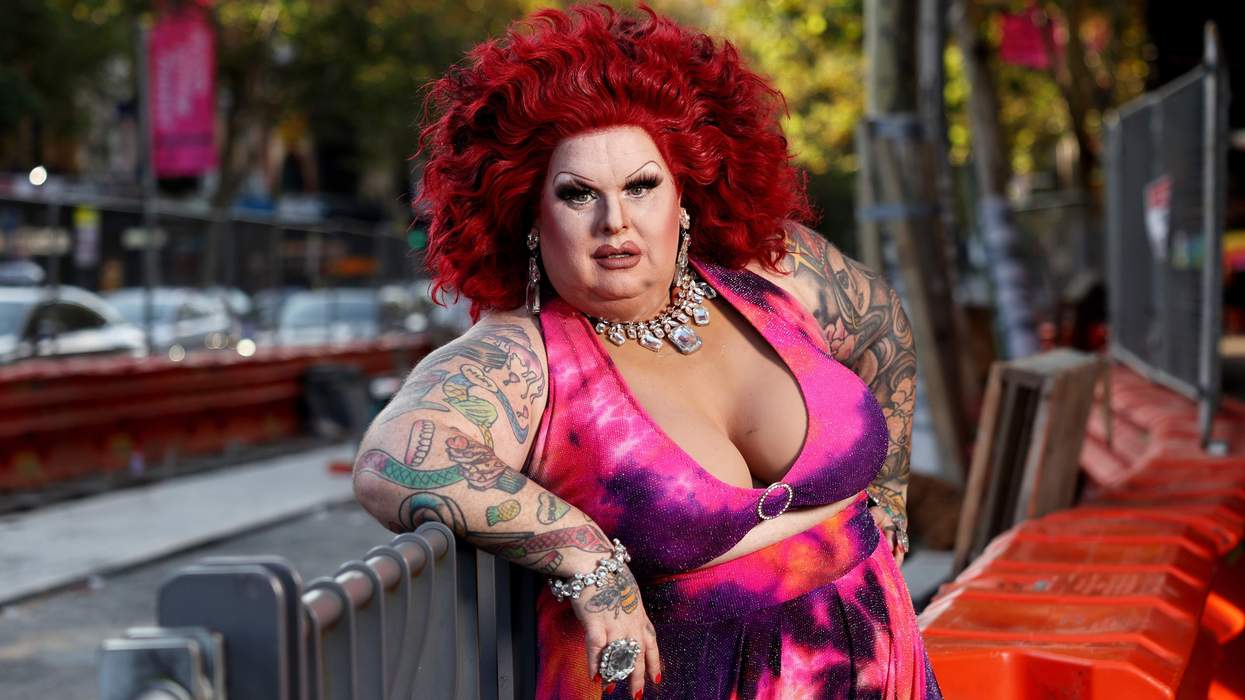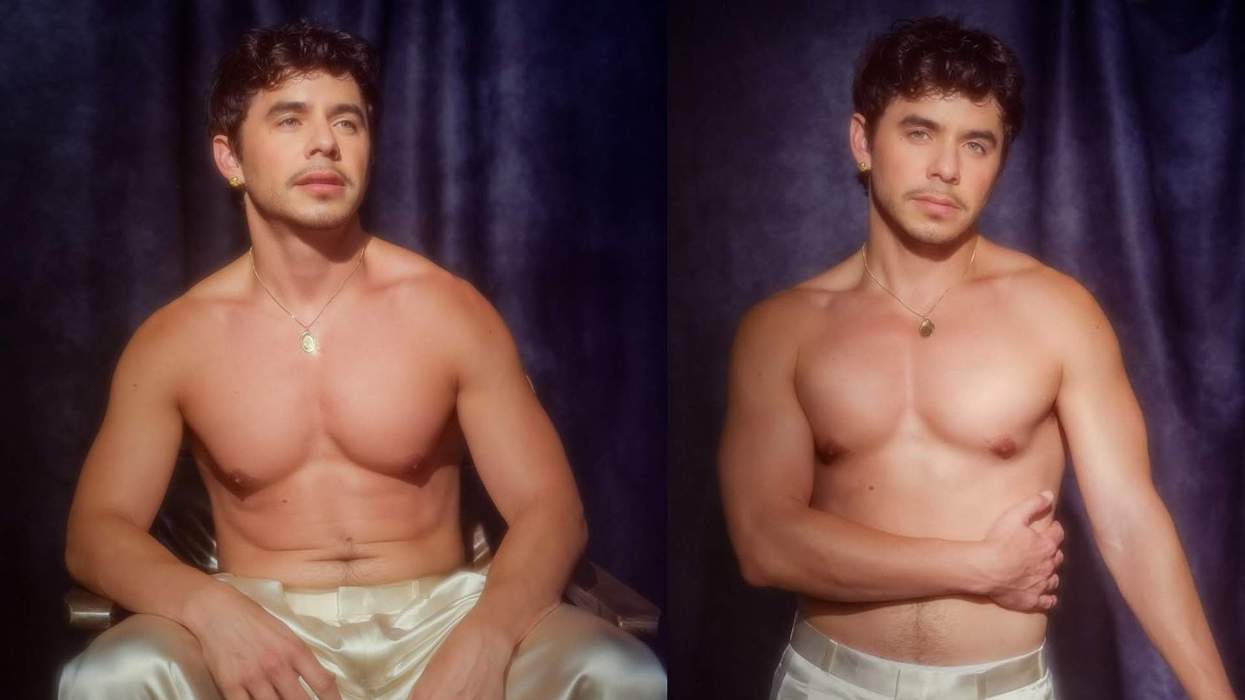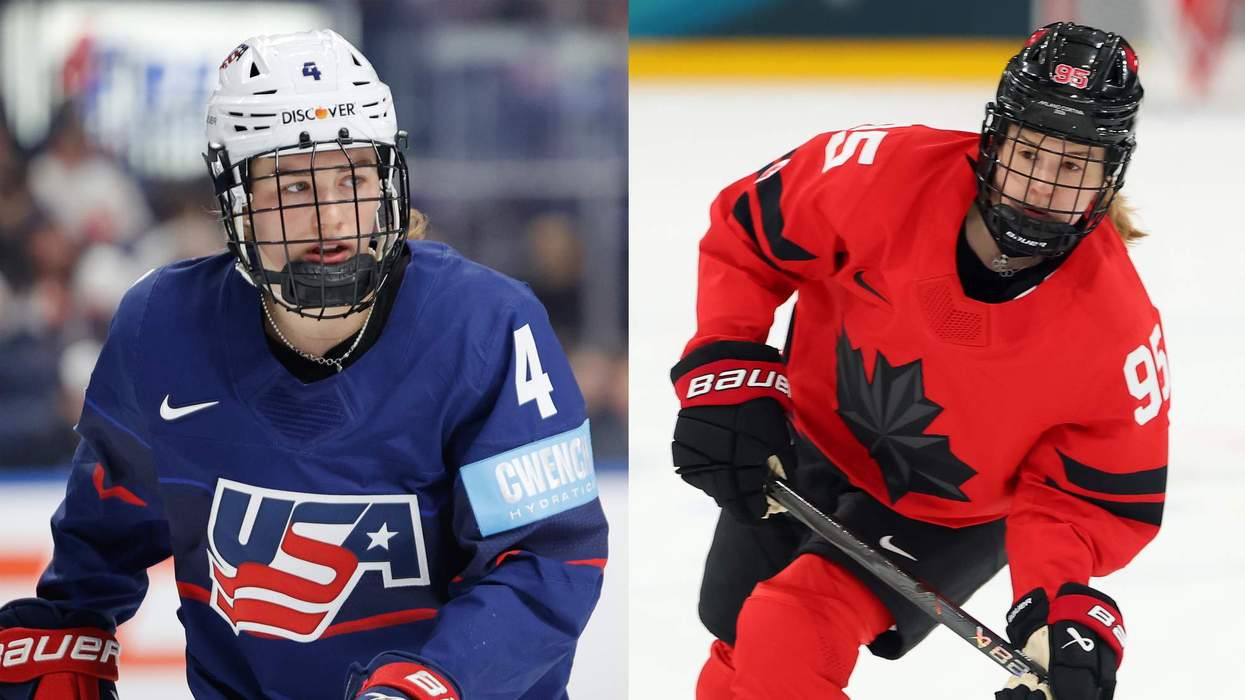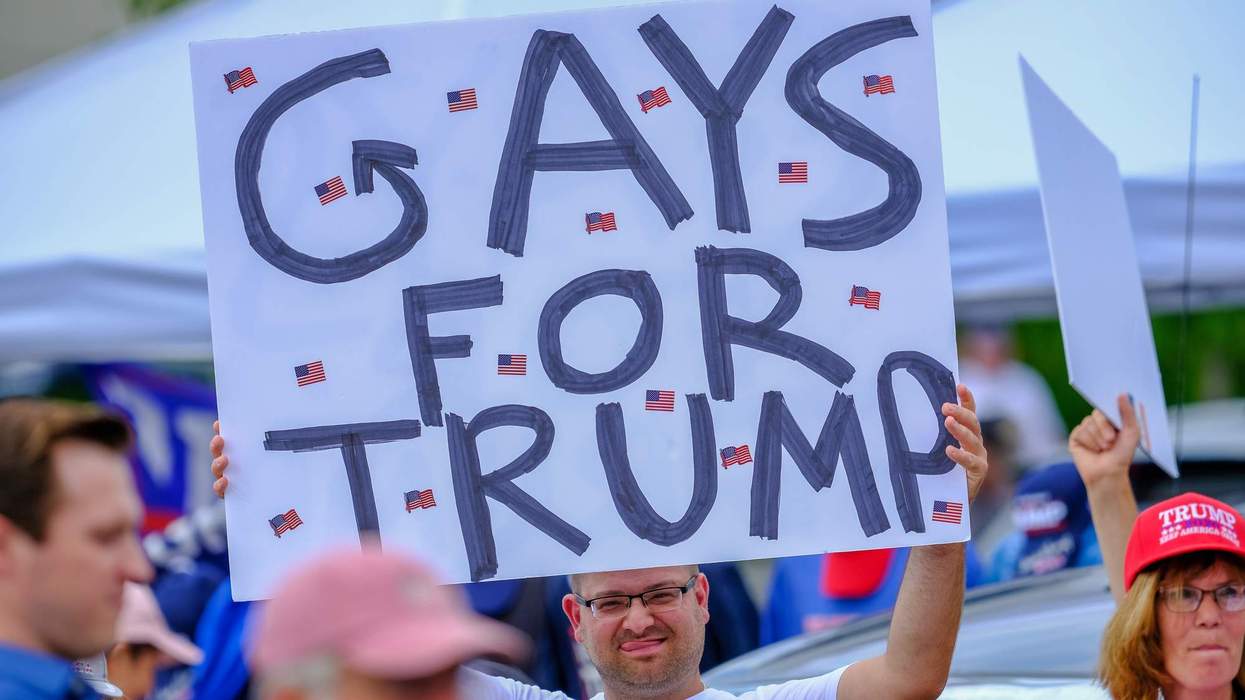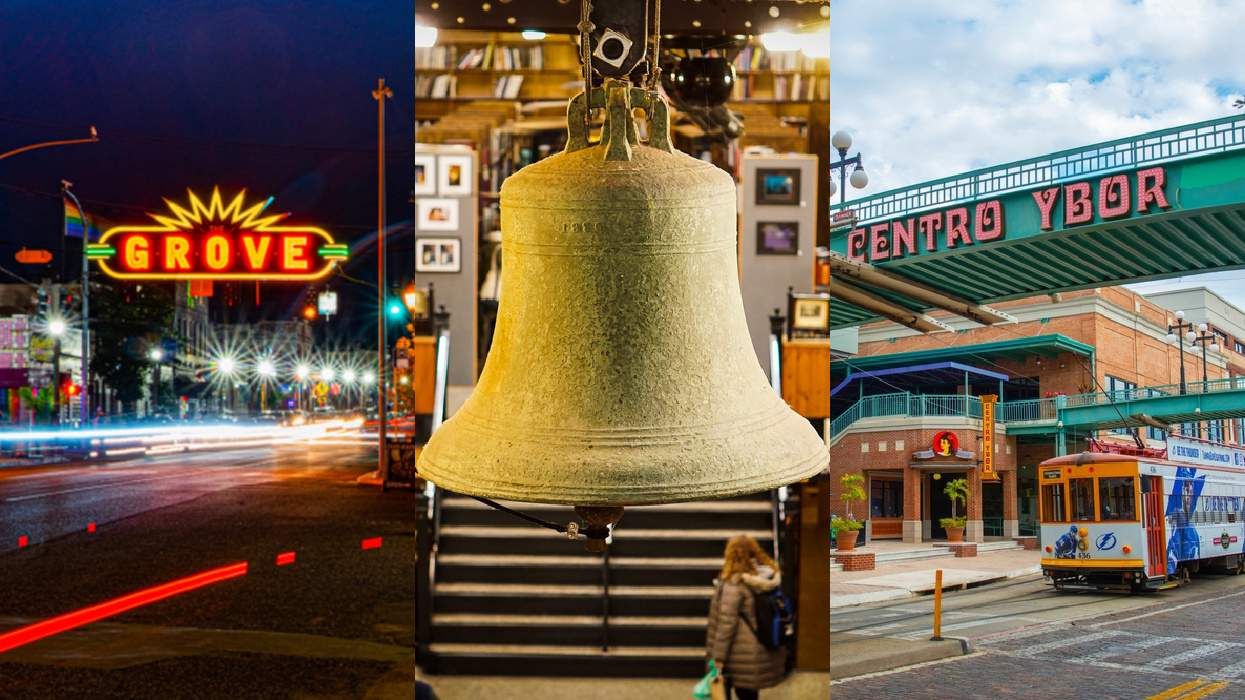More than two months after the attack on Pulse, the worst mass shooting in modern U.S. history, gun control efforts have still faltered--despite the attention of LGBT advocates. Most queer people--even the Pulse survivors themselves--understand that the journey to common-sense gun control reform will take patience. And the LGBT community is just getting started.
However, before LGBTs wade fully into the treacherous waters of the gun control debate, advocates need to understand what dangers wait along the path to responsible gun safety. These five challenges are just the beginning of what LGBTs will face as they join the side of longtime gun-control advocates.
1. The fight for gun control might pit LGBTs against companies who are strong corporate allies.
Gays Against Guns organized a dramatic "die-in" at the New York headquarters of BlackRock, an asset manager that holds investments in several gun manufacturers, including Smith & Wesson. The gun-control group described the $8.4 million in shares held by the company as participating in the "corporate machine profiting from gun death."
The protest drew intense media attention and even welcomed comparisons with ACT UP, the grassroots organization that fought for HIV/AIDS patients during the 1980s.
However, if corporate attacks like this continue, pro-gay, pro-gun control groups will have to acknowledge the elephant in the room: allied companies that benefit from the gun trade. Wal-Mart is the best example. The company is the U.S.'s largest gun retailer and has a ranking of 90 on the Human Rights Campaign's Corporate Equality Index--a ranking that took several years of work to achieve.
If LGBTs want to go after the gun lobby's wallets, then they will have to face off with some companies that they have spent years of activism turning to their side.
2. The federal government makes serious money off gun sales.
Guns manufacturers are not the only ones who profit from gun sales. While state and local taxes on gun sales are few to nonexistent, the federal government taxes all domestic and imported firearm sales at 10 percent--with few exceptions. When gun sales spike--and they have frequently during the Obama administration--gunmakers aren't the only ones that walk away with full pockets. In 2013, the Firearms and Ammunition Excise Tax raked in $875 million to the federal coffers.
3. Strong conservative supporters of "state preemption" keep more liberal cities from controlling guns on their own.
The real battle over guns is happening at the local level, where cities like Seattle and Illinois's Cook County--home to Chicago--have passed and sustained local gun sale taxes up to $25 per sale. Seattle is earmarking that money for a study of the effects of gun violence on public health. The city has fought for this tax in court against lobbying groups like the National Rifle Association--and won.
But winning isn't guaranteed--or even likely. Seattle has tried before to regulate guns within city limits, only to get squashed by the state government. State preemption keeps several urban areas--where both the number of LGBTs and incidents of gun violence are extremely high--from doing more to manage the gun trade. State preemption means that certain areas of commerce or social regulation belong exclusively to the state--not local governments.
LGBTs should already be familiar with state preemption when North Carolina Gov. Pat McCrory used it to toss down Charlotte's ordinance allowing transgender people to use bathrooms matching their gender identity. That's what gave rise to the notorious HB2--and all the court cases that have ensued since then.
4. Not all LGBTs agree on how gun violence can be reduced.
After Pulse, many LGBTs see gun control as a question of survival. But this is not the AIDS crisis. Not every queer person shares the same opinion on gun rights. Pink Pistols, an LGBT pro-gun rights group, saw membership spike after the shooting--more than double their current members. In the aftermath of the Pulse shooting, many friends and family of shooting victims told Out that they were unwilling to give an opinion on whether there should be more gun control following the shooting.
5. LGBT lobbying influence pales in comparison to the gun lobby.
The LGBT community has extensive economic and lobbying power. But that's nickels and dimes compared to the gun lobby. In 2014, for every $1 the HRC spent lobbying, the NRA spent $2.80. And those HRC dollars are spread across several legislative issues, from employment nondiscrimination to transgender rights. The NRA has essentially one issue--guns. Well, more guns.


